In the world of digitalization, efficient and fast charging solutions are highly sought-after where time is of the essence. Fast charge technologies have been developed to meet the demand for speedy power-ups for smartphones, laptops or electric vehicles. This blog will explore the latest fast charging solutions.
1. Efficient and smaller fast charging solutions

Fast charge solutions have significantly advanced using Gallium Nitride (GaN) technology in chargers. These chargers are more efficient, lighter, and smaller than traditional silicon-based chargers. GaN’s unique properties enable faster charging and higher power in a smaller size. Additionally, this technology reduces energy loss, which minimizes heat generation during charging, a common problem with conventional chargers. These chargers are about three times as efficient as silicon-based chargers in converting power to electricity, charging your phone ten times faster than a regular charger.
2. Fast charging solutions

The USB Power Delivery, commonly known as USB PD, has become a widely accepted fast-charging standard for different devices. Unlike previous USB standards with varying power outputs, it provides flexible power delivery, enabling devices to determine the most suitable power level for charging. Hence, USB PD can charge devices like smartphones, tablets, laptops, and electric vehicles.
3. Wireless fast charging solutions

Fast wireless charging has made great strides in recent years, overcoming its previous reputation as a slow and cumbersome technology. Smartphones can now be charged at impressive speeds without cables thanks to improved energy transfer, higher wattages, and better thermal management. Wireless charging for EVs works the same way, with a magnetic coil in the charger that sends current to a magnetic coil on the car’s underside.
Wirelessly charging electric vehicles (EVs) is as quick and effective as charging them with a plug. EV plugs typically have 80-95% efficiency ratings, while WiTricity, a prominent provider, claims their wireless EV chargers can achieve 90-93% efficiency. Wireless EV charging can also deliver up to 20kW of charging power, equivalent to Level 2 charging speed, and no technological barriers prevent faster speeds. Nevertheless, it is unlikely that supercharger-level speeds will be available in the market soon.
4.High capacity fast charging solution
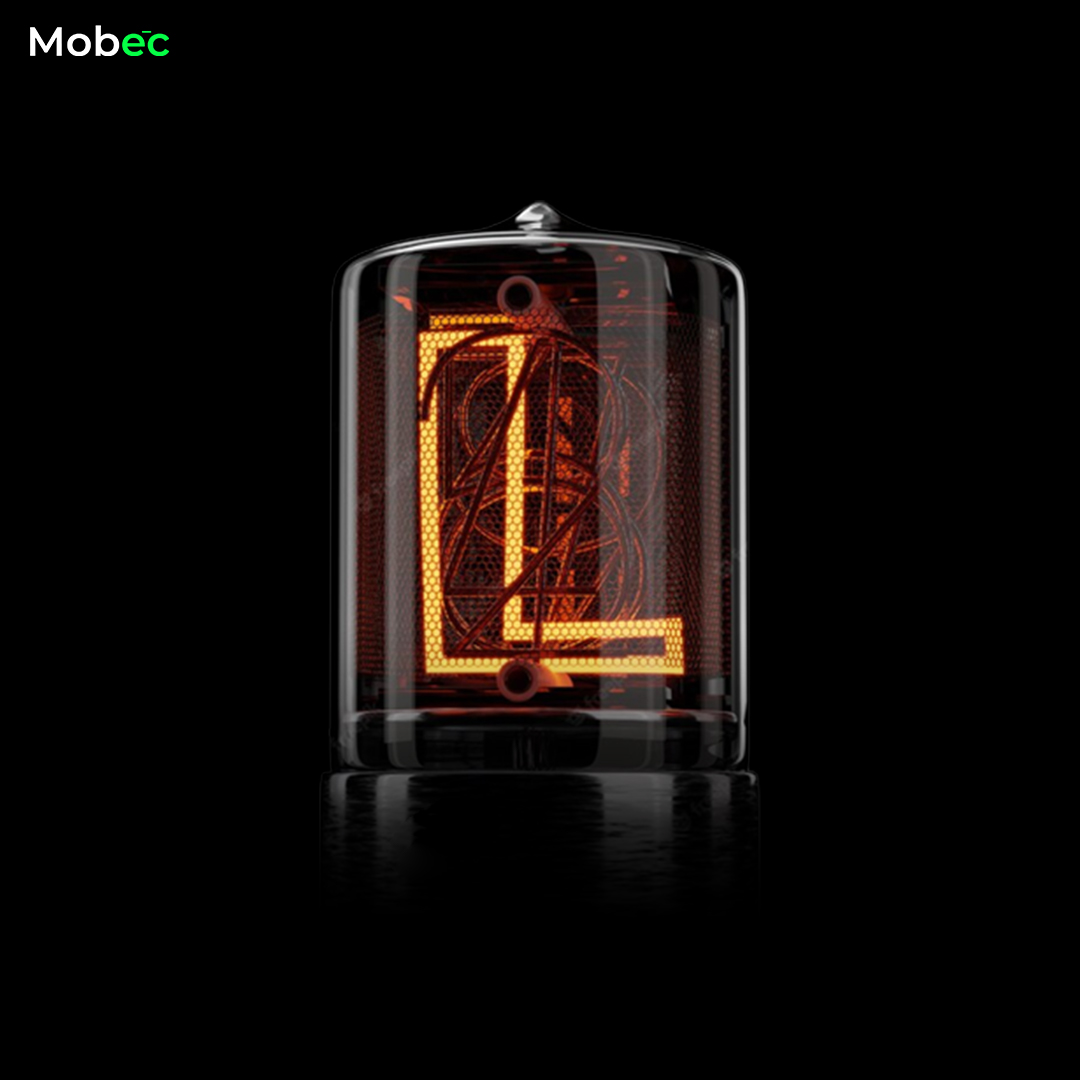
Supercapacitors, also called ultracapacitors, can transform fast charging and are energy storage devices. They may not be as energy-dense as batteries, but they can rapidly store and release energy, which enables almost immediate charging. Scientists are investigating how they can be incorporated into smartphones and other devices to provide fast energy top-ups for people in a rush. The supercapacitor stores energy by undergoing frequent charging and discharging cycles with high current and short duration. The unit of capacitance, named after the English physicist Michael Faraday (1791-1867), is called Farad. One Farad can store one coulomb of electrical charge when one volt is applied.
5. AI-powered fast charging solution
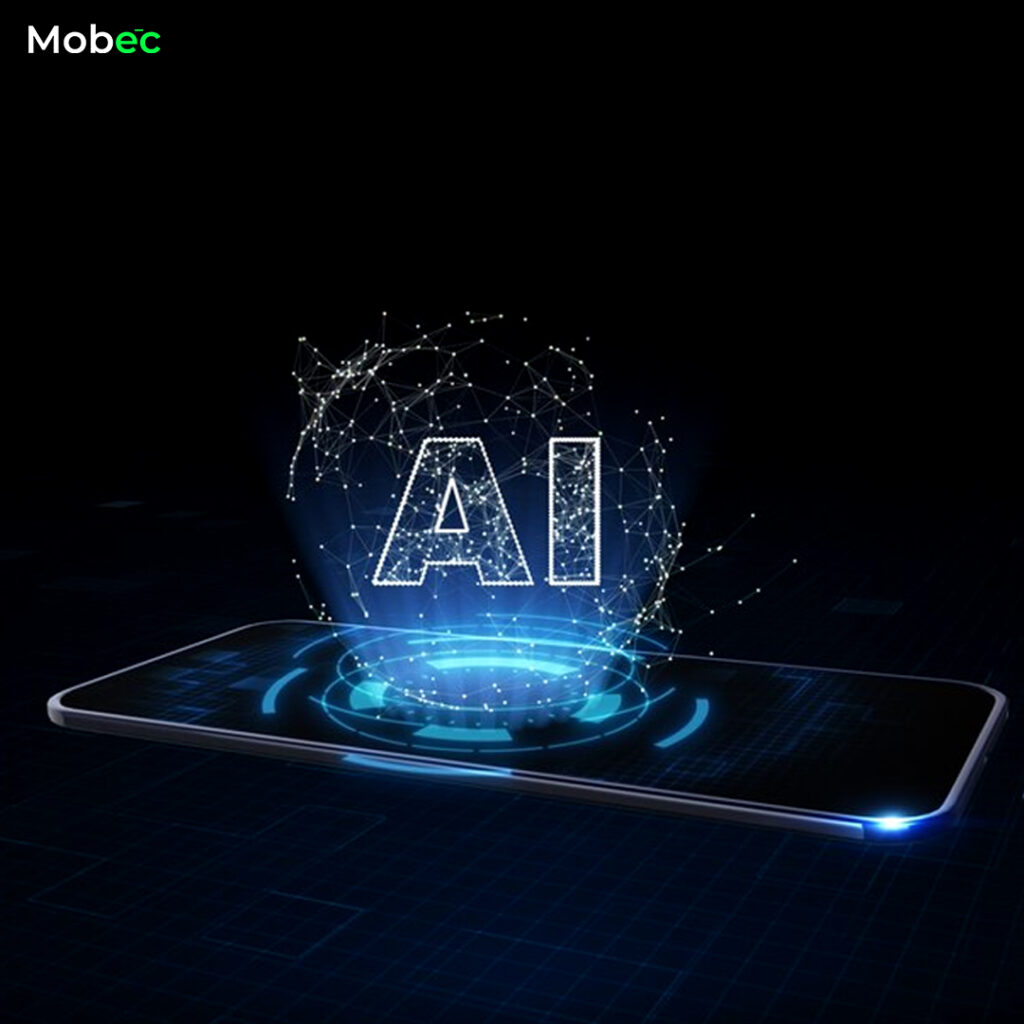
Charging solutions incorporate Artificial intelligence-powered charging solutions to enhance assessment by analyzing device behaviour and usage patterns. The chargers, powered by AI, can identify when the device will likely be unplugged and regulate the charging rate accordingly. This results in fast charging and prevents overcharging, ultimately extending the battery’s life.
Electric vehicles (EVs) are a significant part of our journey towards sustainability, and fast charging is a crucial aspect of their adoption. The latest advancements in EV charging technology include ultra-fast charging stations capable of delivering hundreds of miles of range in minutes. These advancements are making long road trips in electric vehicles more practical and convenient.
The realm of fast charging options is rapidly progressing to meet the increasing demand for speedy and effective charging across multiple devices. With the emergence of GaN chargers, USB PD, fast wireless charging, and AI-based solutions charging times are improving while promoting energy efficiency and user convenience. As technology advances, we can anticipate more groundbreaking solutions to revolutionize how quickly we power up our devices.



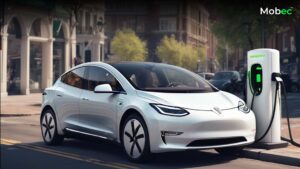
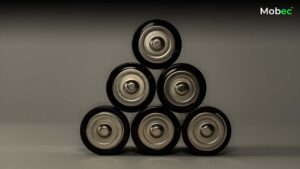








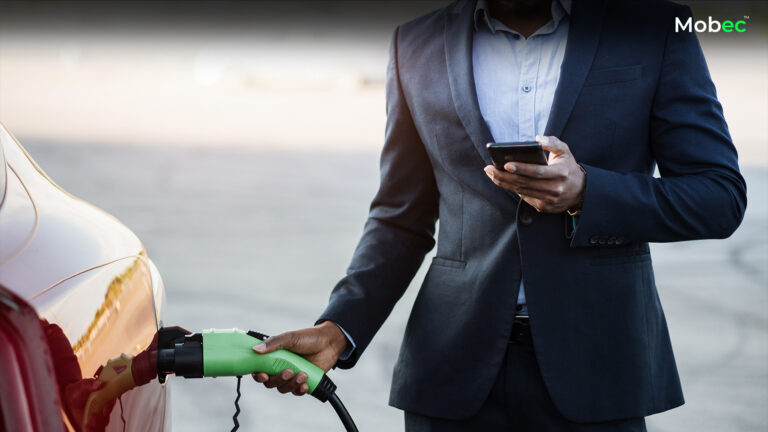





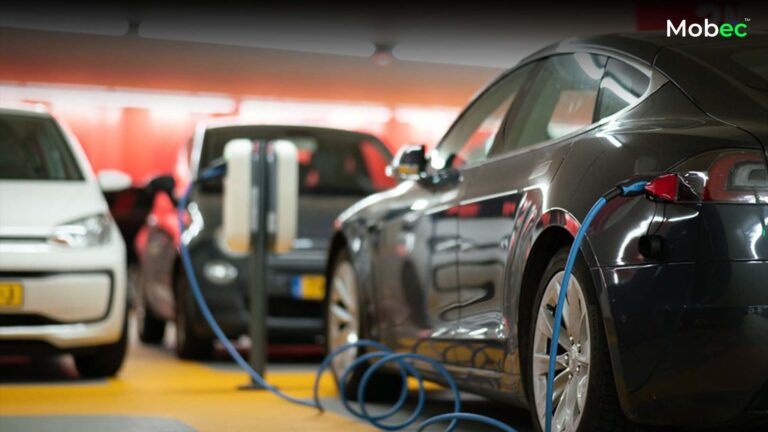
+ There are no comments
Add yours